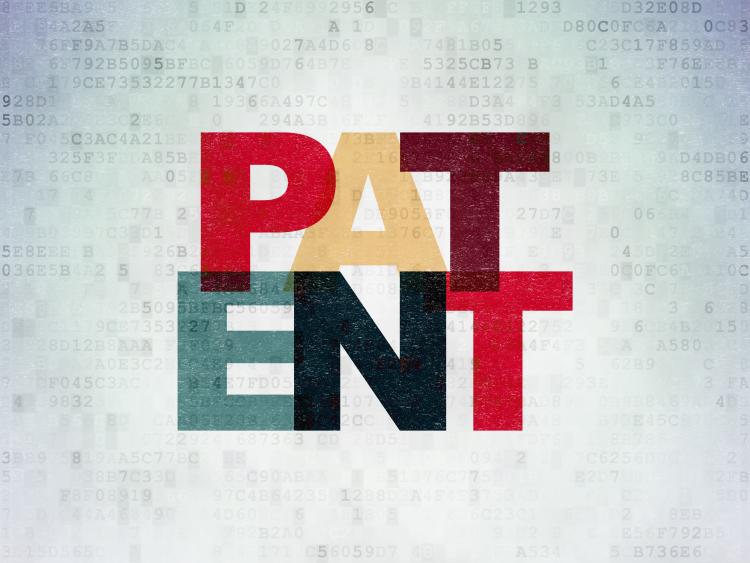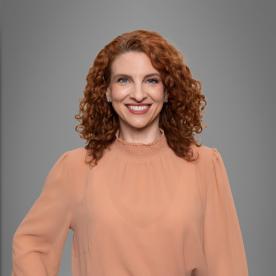
On September 2, 2021, the United States District Court for the Eastern District of Virginia (the Court) in Thaler v Hirshfeld, No. 1:20-cv-903 held that an artificial intelligence (AI) machine cannot be an “inventor” under current US patent law.
The case involved two patent applications filed by Stephen Thaler (the plaintiff) with the United States Patent and Trademark Office (USPTO) in July 2019 that named an AI machine called “DABUS” as the inventor (as previously reported by the E-TIPS® Newsletter here).
The Court maintained that the definitions of “inventor” and “joint inventor” within the Patent Act reference an “individual” or “individuals”. The Court therefore stated that “the issue of whether an artificial intelligence machine can be an ‘inventor’ turns on the plain meaning of the statutory term ‘individual’.”
In its analysis, the Court found that a previous US Supreme Court decision that held that the term “individual” in the Torture Victim Protection Act referred to a “natural person” was applicable in this case, as the Supreme Court considered the ordinary meaning of the term “individual”. The Court also stated that Congress was clearly referencing a natural person in using the term “individual” in the Patent Act because Congress also adjacently used personal pronouns such as “himself or herself” and the verb “believes”. Additionally, the Court considered two Federal Circuit decisions that held “inventors must be natural persons” under current patent law.
Furthermore, while the Court acknowledged that the plaintiff provided several policy considerations, it maintained that such considerations cannot overcome the plain language of a statute.
Lastly, the Court noted that “there may come a time when artificial intelligence reaches a level of sophistication such that it might satisfy accepted meanings of inventorship. But that time has not yet arrived, and, if it does, it will be up to Congress to decide how, if at all, it wants to expand the scope of patent law.”
The Court ultimately agreed with the USPTO’s interpretation that an “inventor” must be a natural person, dismissing the plaintiff’s motion for summary judgement and granting the defendant USPTO’s motion for summary judgement.
Summary By: Jennifer Davidson and Steffi Tran
E-TIPS® ISSUE
Disclaimer: This Newsletter is intended to provide readers with general information on legal developments in the areas of e-commerce, information technology and intellectual property. It is not intended to be a complete statement of the law, nor is it intended to provide legal advice. No person should act or rely upon the information contained in this newsletter without seeking legal advice.
E-TIPS is a registered trade-mark of Deeth Williams Wall LLP.

